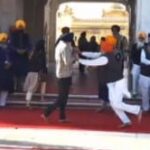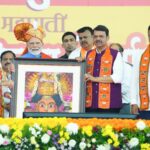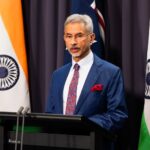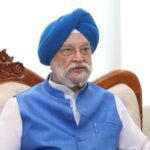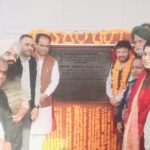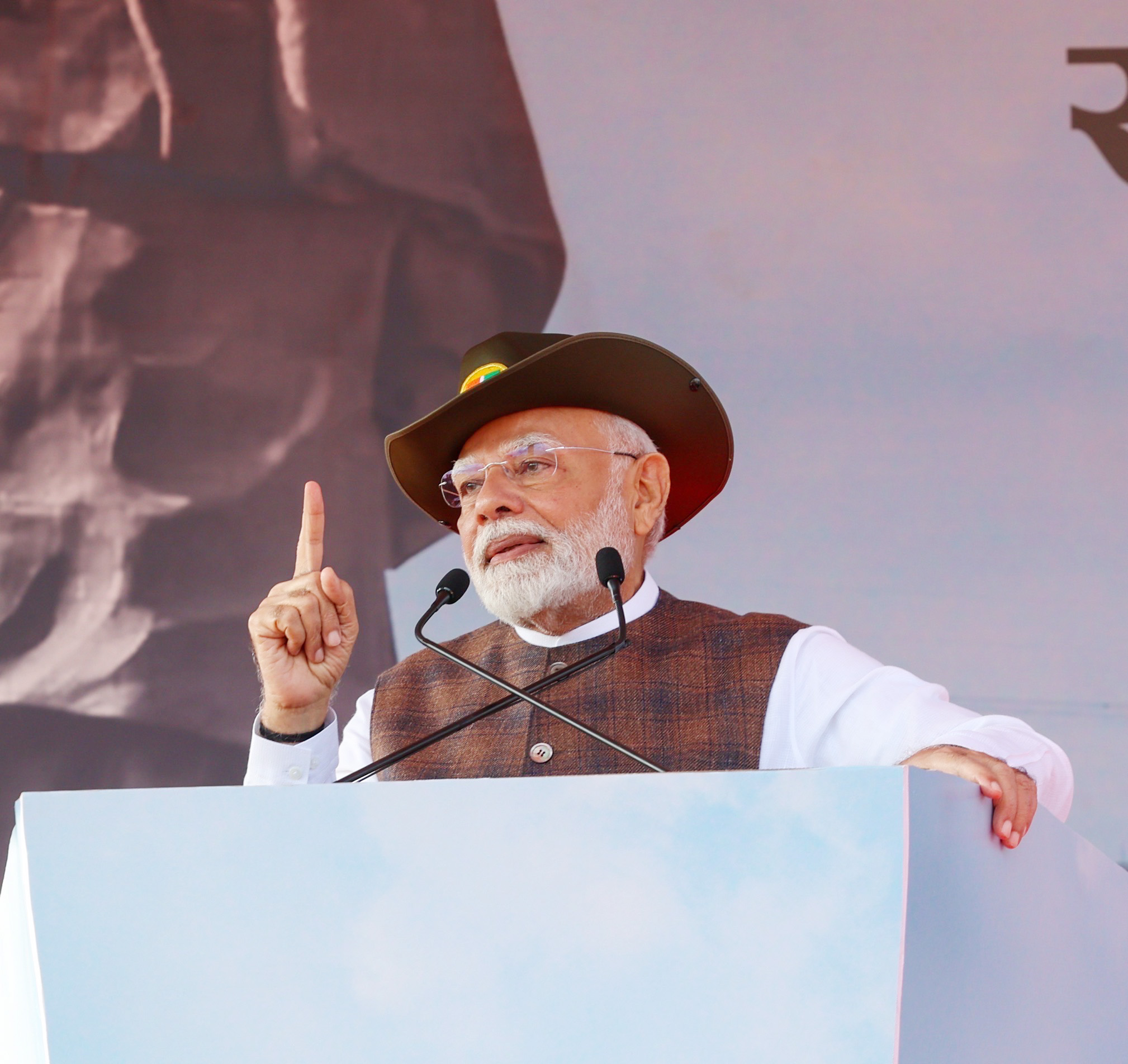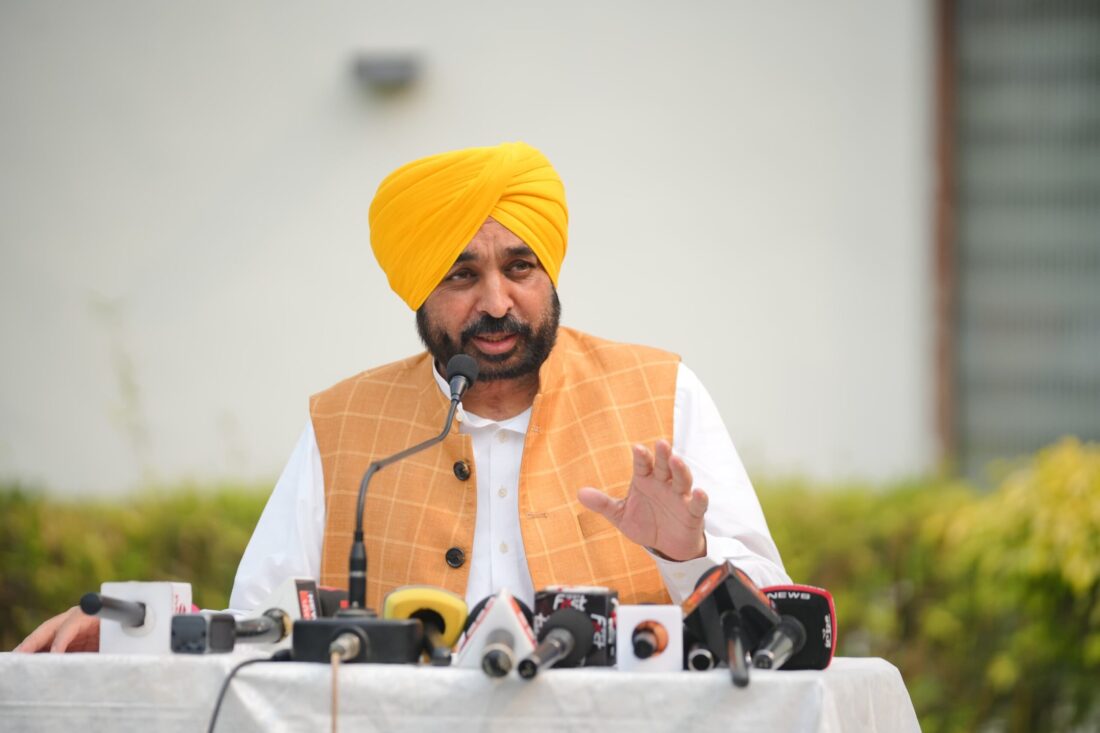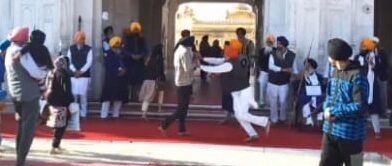North News
Kevadia(Gujarat), October 31
On Unity Day, Prime Minister Narendra Modi announced that the Centre’s ‘One Nation, One Election’ proposal is set for cabinet approval and will be presented during this year’s Winter Session of Parliament.
Prime Minister Modi today also paid homage to Sardar Vallabhbhai Patel at the Statue of Unity during Rashtriya Ekta Diwas, an annual celebration honoring Patel’s role in uniting India. Modi laid a floral tribute to Patel, administered the Unity Day pledge, and witnessed a UniDay parade.
“On this special day, we remember Sardar Patel’s invaluable contributions to our nation’s unity,” Modi stated, noting that Rashtriya Ekta Diwas, celebrated on October 31, strengthens the bonds of unity in Indian society. “Just like Independence Day and Republic Day, National Unity Day fills our country with new energy,” he said. With this year’s Ekta Diwas marking the start of Patel’s 150th birth anniversary celebrations, the Prime Minister announced that the country will honor this milestone for the next two years, reinforcing the spirit of “Ek Bharat Shreshtha Bharat” (One India, Great India).
The Prime Minister drew connections between India’s rich heritage of unity and its modern-day policies. Citing examples from Indian history, he pointed to Chhatrapati Shivaji Maharaj’s efforts at the Raigad Fort to unify India’s diverse regions against invaders, calling Ekta Nagar’s establishment and the Statue of Unity a modern tribute to this legacy. Modi said the Statue of Unity is a symbol of national integration, built with iron and soil from villages across India, and noted how Ekta Nagar features diverse representations of India, including a nursery with plants from across the globe, a mall showcasing local crafts, and an Ayurveda park promoting traditional health practices.
Reflecting on India’s development under his administration, Modi emphasized the government’s commitment to social harmony through policies like the “One Nation, One Identity” model, which includes Aadhaar and the National Ration Card. He highlighted the removal of Article 370 in Jammu and Kashmir, which allowed the region’s first Chief Minister to take an oath under the Indian Constitution, and cited peace agreements in the Northeast that resolved long-standing conflicts and brought unity to previously divided regions.
He further underscored that India’s efforts to integrate languages under the new National Education Policy, including classical recognition for languages like Marathi and Bengali, also reinforce national unity. Connectivity projects linking Jammu and Kashmir, the Northeast, and island territories through rail and internet infrastructure have helped bridge the rural-urban divide, he said, fostering a sense of unity across India.
The Prime Minister also expressed pride in India’s global influence, describing it as a “friend to the world.” He highlighted the importance of maintaining unity amidst efforts by divisive forces to weaken India’s cohesion and economic growth. “India emerges as a beacon of peace amid global unrest,” Modi remarked, urging the nation to remain vigilant against those aiming to disrupt its unity.
In conclusion, Modi urged every citizen to uphold Sardar Patel’s vision for a united India. “India’s diversity is our strength, and only by celebrating it can we achieve true unity,” he said. He underscored the need for unity over the next 25 years as India pursues rapid economic development, social justice, and national security.




